
About
The fourth edition of the EU “Raw Materials Week” will take place from Monday 18 to Friday 22 November 2019, in Brussels. It builds up on a series of events organised by the European Commission addressing the latest news on raw materials in the EU.
It will be a unique opportunity for the raw materials community to discuss and exchange on all relevant issues: policy, technology, international cooperation, framework conditions, knowledge base etc.
During this period, SCRREEN’s 3rd EU Critical Raw Materials Event will take place on Monday 18th November.
PHOTOS FROM RMW 2018
PHOTOS FROM THE 2017 EVENT
3rd EU Critical Raw Materials Event
The Critical Raw Materials (CRM) event offers an opportunity to a variety of stakeholders to get a fresh update about the latest EU activities in the field of Critical Raw Materials. The event is co-organised by the European Commission, the Horizon 2020 project SCRREEN – expert network on CRMs – and the EIT RawMaterials project IRTC – International Round Table on Materials Criticality.
Welcome and Opening Remarks – Mr Gwenole Cozigou, Director, Industrial Transformation and Advanced Value Chains, DG GROW, EC Keynote – Mr Nedal T. Nassar, USGS, Chief of Materials Flow Analysis Section
Session I: Criticality and market perspectives – Chaired by Mr Peter Handley, Head of Unit, Resource Efficiency and Raw Materials, DG GROW, EC
Session I introduces concepts of criticality determination and industry approaches towards reducing market and other supply risks. There are plenty of methodologies to assess criticality available, but the individual characteristics of industries’ raw material dependencies shape their specific vulnerabilities and might determine different suitable mitigation measures. The session will discuss the needs of companies to be informed about their individual risks and ways towards addressing these.
- Mr Luis Tercero, Fraunhofer ISI: How to determine material criticality
- Mr Henrik Ørskov Pedersen, Grundfos: Materials criticality assessment from an industrial perspective
- Ms Alessandra Hool, ESM Foundation: Material criticality: Developing guidance for industry
- Ms Sophie Damm, DERA: DERA criticality assessment 2019
Session II: Panel discussion: How can we reduce criticality? – Chaired by Mr Patrice Christmann, FR
The panel discussion follows up on the topics of session I and will present approaches on criticality from a variety of perspectives. Methodologies and their goals and scopes will be discussed, with an emphasis on mitigation options: what are the paths towards reducing criticality for different countries and stakeholders?
Panellists: Mr Kotaro Shimizu, JP; Ms Irina Oswald, Apple; Mr Rod Eggert, US CMI
Session III: Technology opportunities for CRM mining, recycling, substitution – Chaired by Mr Stéphane Bourg, SCRREEN Coordinator
This session presents the most promising research fields to improve the supply of CRM in Europe. The two main options are (1) to improve the production by a diversification of the resources and (ii) a reduction of the dependence to a resource through substitution.
- Mr Simon Michaux, GTK, Main innovation pathways for primary CRM production in Europe
- Mr Peter Clark, KTN, Main innovation pathways for CRM substitution in Europe
- Ms Maria Taxiarchou, NTUA, Main innovation pathways for secondary CRM production in Europe
- Mr Gavin Mudd, RMIT, AUS: Ore grades in global metallic Mining
Session IV: Steps towards a circular economy – Chaired by Ms Alessandra Hool, IRTC Coordinator
In this session, we discuss the potential of secondary sourcing and increased circularity of critical raw materials. CRMs are often disregarded in circularity approaches that focus on mass balance and current economic value of raw materials. Thus, characterizing the urban mining potential and improving standards and regulations is of importance. The session ends with an outlook towards global governance that supports the transition towards a circular economy, which includes CRMs.
- Mr Otmar Deubzer: Upgrading regulations and standards to enable recycling of CRM from WEEE
- Mr Min-Ha Lee, Korean Institute of Technology, KR: Steps towards a circular economy and standardization in Korea
- Ms Laura Platchkov, Swiss Federal Office of the Environment: Towards a global resource governance

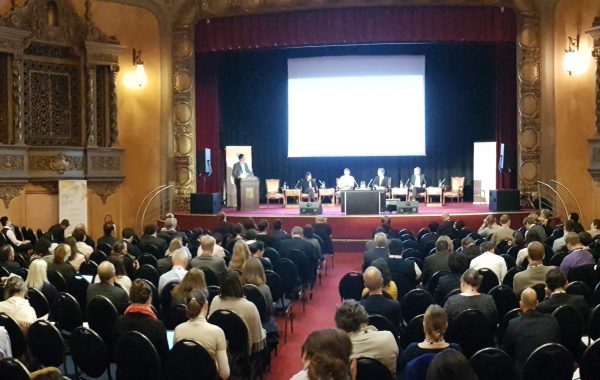
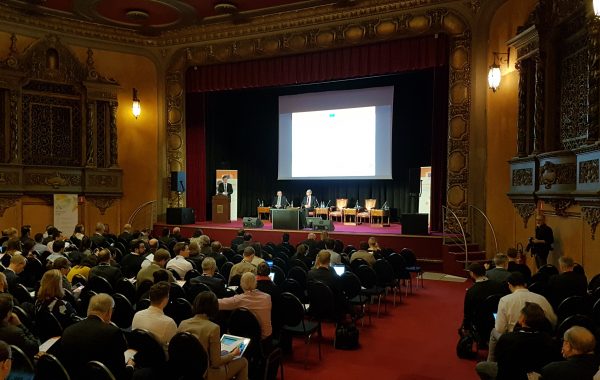
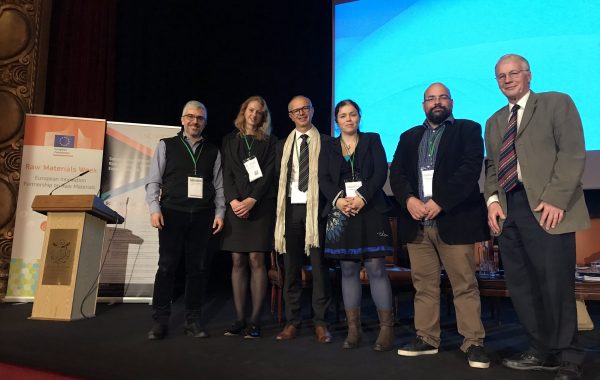
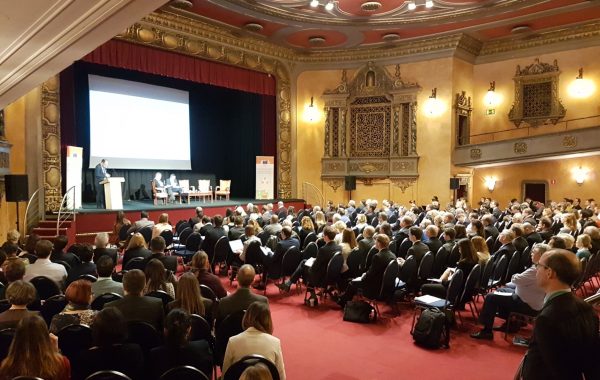
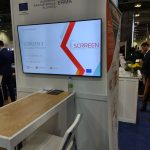
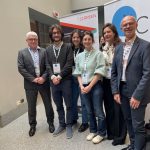
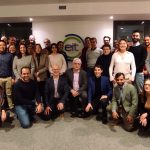
 The SCRREEN3 project has received funding from the European Union's Horizon Europe Research and Innovation Programme under Grant Agreement N° 101138060
The SCRREEN3 project has received funding from the European Union's Horizon Europe Research and Innovation Programme under Grant Agreement N° 101138060